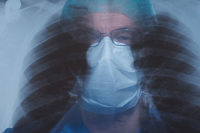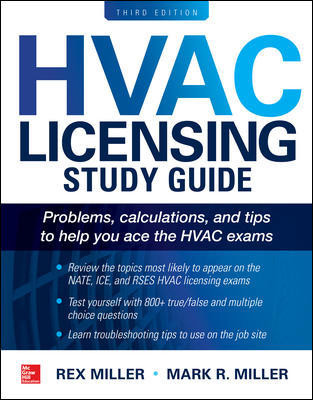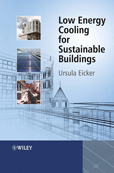What's more, exposure to secondhand smoke varies widely around the world. For example, people exposed to secondhand smoke in the workplace varied from less than 3% of those in Uppsala, Sweden, to 54% of the participants living in Galdakao, Spain, the report indicates.
Overall, exposure to secondhand smoke in the workplace nearly doubled a person's risk of respiratory ailments and "was significantly associated with all types of respiratory symptoms and current asthma," the authors write. Passive smoking, in general, was associated with nighttime chest tightness, nighttime breathlessness, and breathlessness after activity.
"Decreasing involuntary exposure to tobacco smoke in the community, especially in workplaces, is likely to improve respiratory health," conclude Dr. Christer Janson of Uppsala University in Sweden and colleagues. The study, which included interviews and lung tests of nearly 8,000 nonsmokers from 16 different countries, is published in the December 22/29 issue of the journal The Lancet. The study included 13 European countries, Australia, New Zealand and the United States.
In the U.S., smoke-free businesses are on the rise with 69% of employees reporting that they work in buildings where smoking has been prohibited by employers or government regulations, according to a recent study sponsored by the National Cancer Institute.
By comparison, fewer than half of all employees surveyed in 1993--46%--worked in smoke-free environments. The U.S. Surgeon General first warned of the dangers of "secondhand smoke" in 1986, citing that exposure to tobacco smoke increased the incidence of lung cancer, heart and lung disease among nonsmokers.
SOURCE: The Lancet 2001;358:2103-2109.





